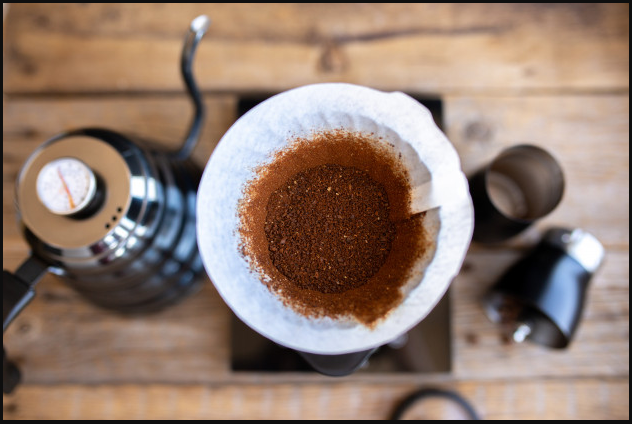
Top Common French Press Mistakes
Share
One of the simplest, most fulfilling ways to make coffee is by using a French press. What you have to do is apply grounds and wind, wait and then press the plunger hard. Voila, you have coffee! But often you get a cup that is, let's say, has more grains than usual, or that doesn't taste very good. Don’t worry, you are possibly making one of the enlisted below French press mistakes that are very common but easily rectifiable and avoidable.
Don’t Grind Coffee Beans Too Fine

The filter on a French press is intended to trap the coffee grounds and keep them from falling into the cup but the filter is not as perfect as it should be on other forms. You want to make sure the grounds are coarse, about the consistency of sea salt or kosher salt for an ideal cup of French press coffee. It should make sure the coffee brews correctly, stopping you from having any nasty floating grinds on your coffee cup.
Using Right Coffee Grounds for French Press

French press is a very adventurous drink, but that doesn't mean you 're using any more coffee. Much like you'd use about 2 table spoons for a good cup to produce a cup with the French press. In combination with the brewing method the amount of grounds creates a strong, bold coffee experience.
Adequate Water Temperature

As it turns out, taking a water to a boil isn't exactly what you want for a French press. Additionally, the optimum temperature for coffee brewing by a French press is 202 degrees Fahrenheit, 10 degrees below boiling. You can just set it to brew at that temperature if you have a fancy tea kettle — but even if you don't just wait 30 seconds to a minute after your water boils so it's hot but it won't scald the grounds.
Balanced Coffee to Water Ratio
Let's be honest, not everyone has the time or stamina to weigh up their morning coffee and tea. But once you find out how many you can use it might go a long way in the morning to make a better cup. The recommended ratio suggested by professional baristas is one-part coffee to 12 parts tea, but you may choose a weaker or stronger cup. Thus, work out how many cups your French press should make and work from there to determine the optimum amount of coffee and water to be put in.
Quality of Water
A popular misconception in the coffee world is that the purer the coffee tastes the less foreign contaminants in the water you are using. That is far from accurate. Using soft or pure water gives the coffee little-or-no interaction with minerals or organic compounds, which helps to improve the flavor.
Nevertheless, hard water which is packed with minerals will make the taste for coffee bitter. When you're looking for a cup of coffee that has a good taste that isn't too bitter, try using standard filtered water from the spring and stop soft or hard tea.
Don’t Brew the Coffee Too Long

If you just leave the French Press on the counter to brew for a long time, a bitter cup of coffee is likely to end up for you. The best time is four minutes so that you give sometime to the grounds to blend in with the hot water. No more, and nothing less.
Do French Press Need Cleaning After Brewing?
A filthy French press will make the coffee taste acidic much like the coffee machines. Remembering to clean your press is really necessary, so that your coffee tastes new.
When you want a good brew, washing the rancid oils and aged seeds out of the press frequently is worth it.
Leave the Coffee after Plunging
After you have plunged that sucker, you should pour all the coffee out. Otherwise it'll keep brewing and taking on a bitter, unpleasant flavor. Even if you don't drink it all right away, if you are looking to savor more than one cup of coffee, moving it to a separate carafe will make a huge difference.
